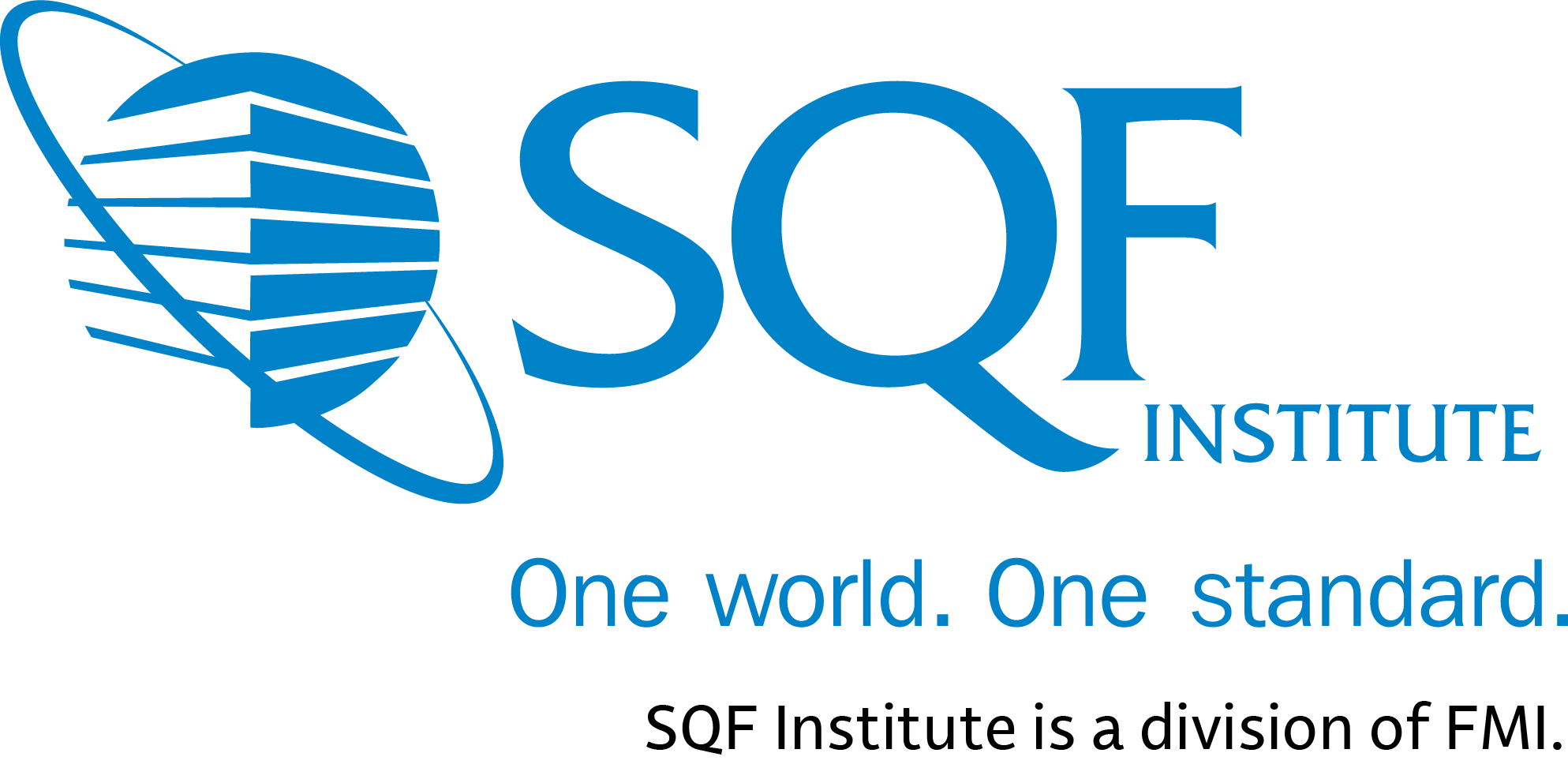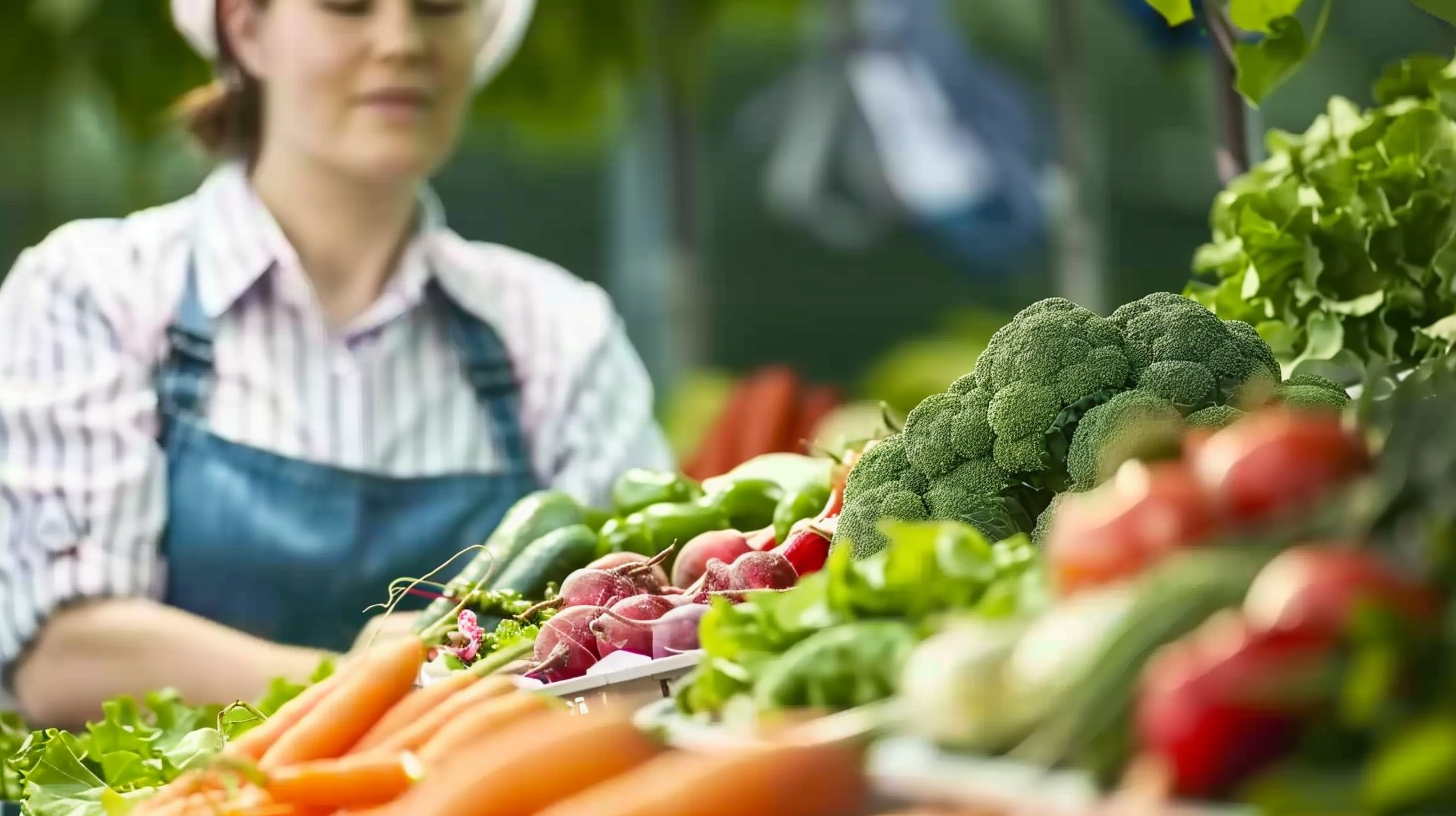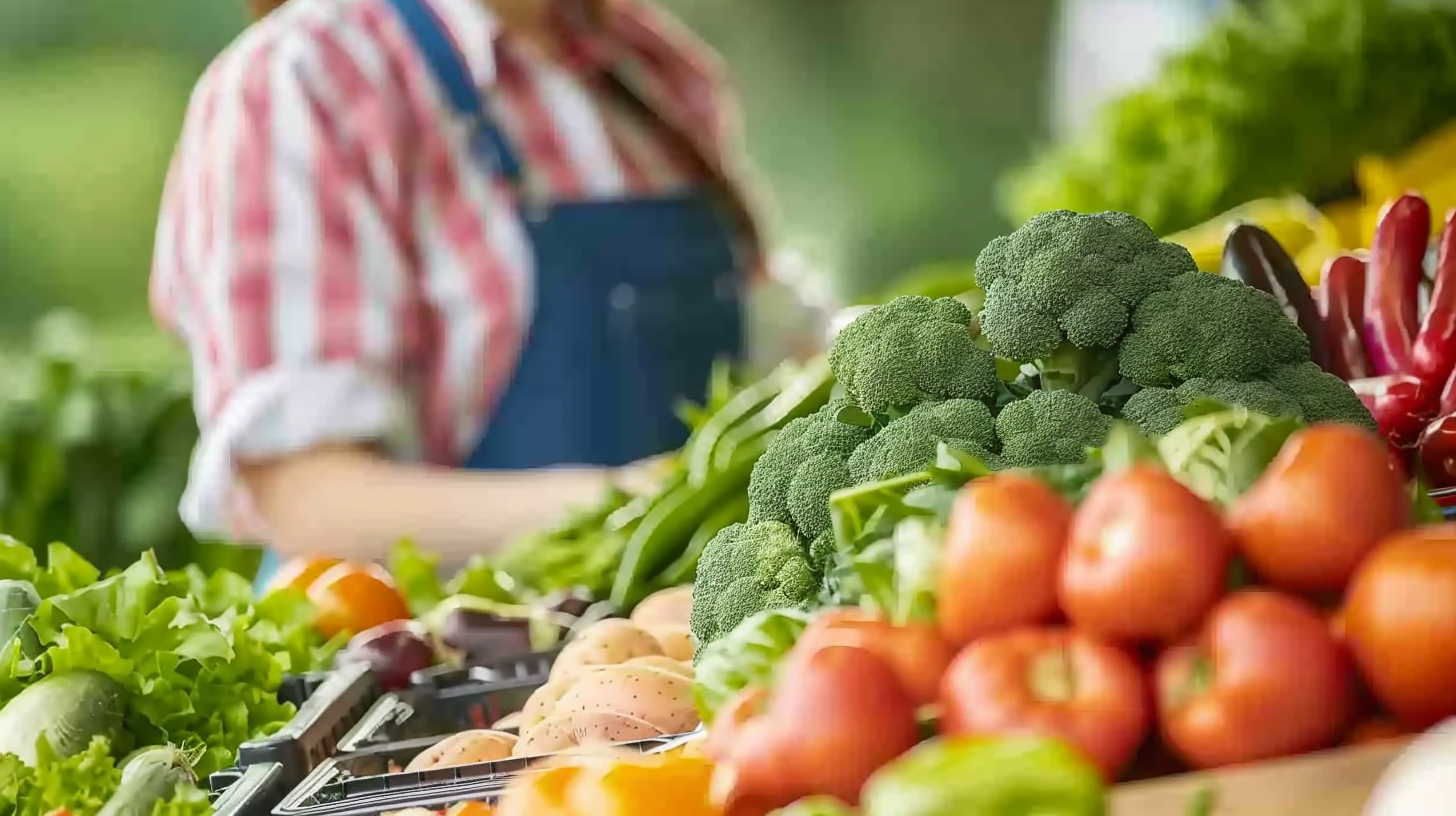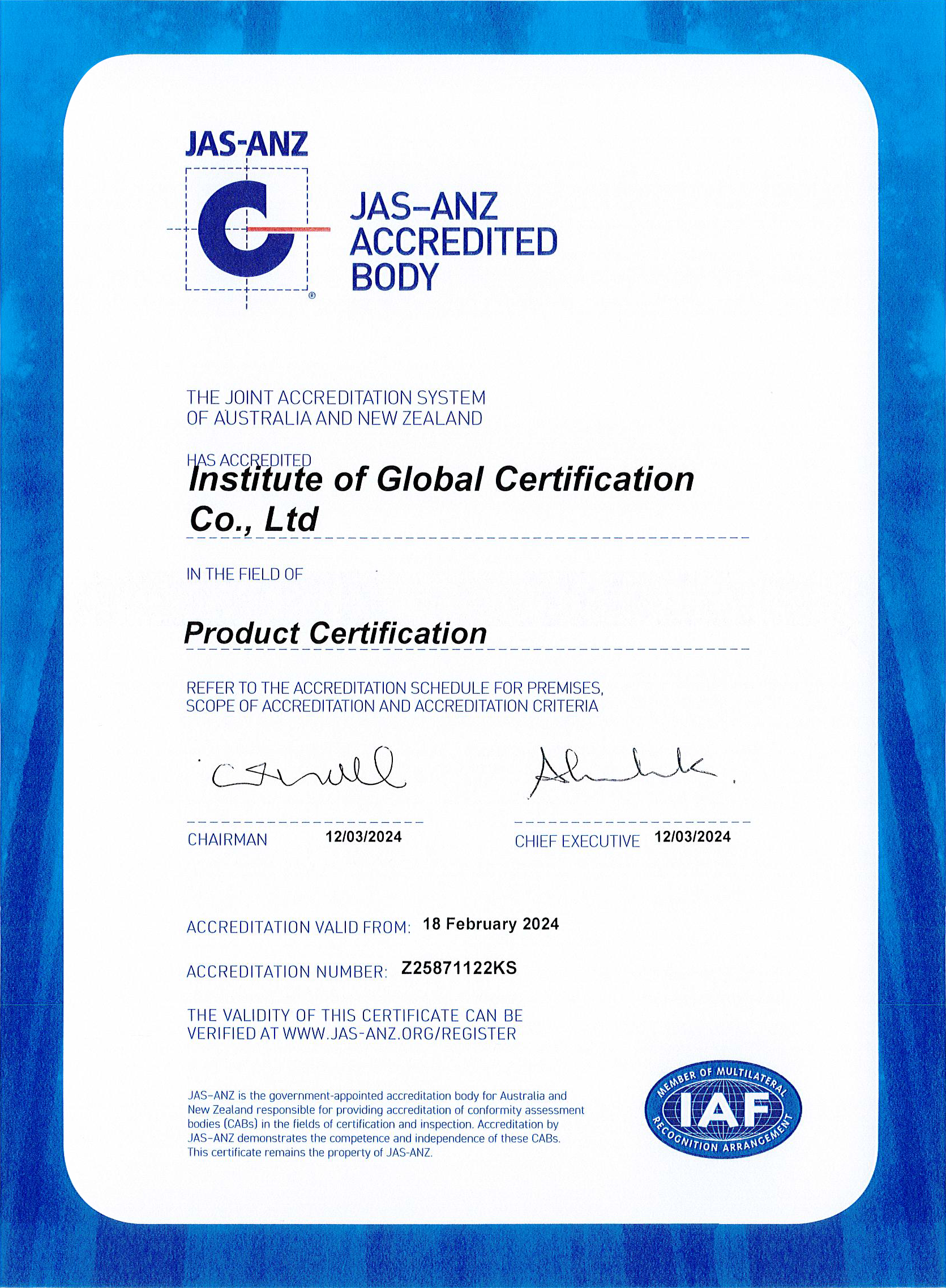SQF
 < SQF Logo >
< SQF Logo >
SQF (Safe Quality Food) certification is a product certification system for food that was first developed in Australia in 1995. A rigorous, trusted food safety and quality program recognized by retailers, brand owners and food service providers around the world. It has been owned and managed by FMI in the United States since 2003, and SQFI, a department under FMI, is carrying out tasks such as developing certification standards and training auditors.
Recognized by the Global Food Safety Institute (GFSI), SQF certification is designed to meet industry, customer and regulatory requirements for all sectors of the food supply chain, from farm to retail store. SQF certification establishes a process to establish a comprehensive food safety management system on your farm, warehouse, or facility and then evaluates that process through annual audits.
-
-
 < Classification of SQF Certification >
< Classification of SQF Certification > -
A. Classification of SQF Certification
SQF certification is divided into several programs, and each company can choose the program that is right for them. Here are some programs that a typical food service provider might implement:
✤ SQF Fundamentals ProgramThis program is for small and medium-sized food suppliers and primary producers. Structured as a step-by-step approach, it helps you integrate strong food safety standards into your existing practices while laying the foundation for achieving globally recognized GFSI recognized certification.
✤ SQF Food Safety ProgramIt is a globally recognized GFSI benchmarking food safety standard. This program provide organizations with a HACCP-based approach to ensure their products meet virtually any regulation.
✤ SQF Quality ProgramThis program is for organizations that want to go beyond food safety. This program is designed to monitor and control food quality-related threats and is best suited for organizations that have already implemented a successful and robust SQF food safety plan. It can also be implemented in conjunction with the SQF Food Safety Program.
-
-
-
 < SOF Requirements >
< SOF Requirements > -
B. SOF Requirements
The requirements for SQF certification consist of system requirements and GMP requirements for each field. The requirements of the SQF Food Safety Program, a representative SQF program, are as follows (Based on Edition 9):
Part B: System Elements
2.1 Management Commitment
2.2 Document Control and Records
2.3 Specifications, Formulations, Realization, and Supplier Approval
2.4 Food Safety System
2.5 SQF System Verification
2.6 Product Traceability and Crisis Management
2.7 Food Defense and Food Fraud
2.8 Allergen Management
2.9 Training
Module 11: Good Manufacturing Practices for Processing of Food Products
11.1 Site Location and Premises
11.2 Site Operation
11.3 Personnel Hygiene and Welfare
11.4 Personnel Processing Practices
11.5 Water, Ice and Air Supply
11.6 Receipt, Storage, and Transport
11.7 Separation of Functions
11.8 Waste Disposal
-
-
-
 < SQF Progress Procedure >
< SQF Progress Procedure > -
C. SQF Progress Procedure
The requirements for SQF certification consist of system requirements and GMP requirements for each field. The requirements of the SQF Food Safety Program, a representative SQF program, are as follows (Based on Edition 9):
The procedures to obtain SQF certification are as follows.
1. Register on the SQFI Assessment Database
2. Designate an SQF Practitioner
3. Determine the Scope of Certification
4. Document your SQF System
5. Implement your SQF System
6. Pre-assessment Audit (optional)
7. Select a Certification Body
8. The Initial Certification Audit
9. Audit Reporting and Closeout
10. Granting Certification
-
SQF certification determines whether to obtain certification by grading the score based on nonconformities found during the audit.
Score Rating Certification Audit Frequency 96 – 100 E – Excellent Certificate issued 12 monthly re-certification audit 86 – 95 G – Good Certificate issued 12 monthly re-certification audit 70 – 85 C – Complies Certificate issued 6 monthly surveillance audit 0 – 69 F – Fails to comply No certificate issued Considered to have failed the SQF audit
Certification is possible if you receive a grade of “C – complies” or higher in the initial certification audit.
If you receive a grade of “C – complies” during the initial certification audit or re-certification audit, a surveillance audit will be conducted 6 months later. New scores and grades will be assigned at the surveillance audit, but the re-certification audit schedule will not be affected.
The re-certification audit is conducted 12 months after the initial certification audit and is scored in the same manner as the initial certification audit. As with the initial certification audit, you must receive an audit grade of “C – complies” or higher to renew your certification.
-
-
-
 < JAS-ANZ Certificate >
< JAS-ANZ Certificate >
[ Check accreditation details ]
-
D. IGC’s Competency
IGC has received a license as an SQF certification body from SQFI, the SQF operating organization, and has received accreditation from the accreditation body JAS-ANZ to provide services. In addition, we have auditors who meet the auditor qualifications required by SQF, so we can conduct our own certification service.
IGC provides various services in the food sector in addition to SQF certification based on global competitiveness.
- 1. ISO 22000, FSSC 22000 Certification
- 2. Vegan Certification
- 3. HAHAL Certification
- 4. Kosher Certification
- 5. FDA FSMA Third-Party Certification
- 6. PCQI Profession training
- 7. PCQI Lead Instructor (2 persons)
-
Related Services from IGC
01System certification (ISO 22716)
02Product certification (Vegan certification, Eurasia certification, VCRP, EWG, CPNP)
03Certification of screening qualifications
04Professional manpower training education
